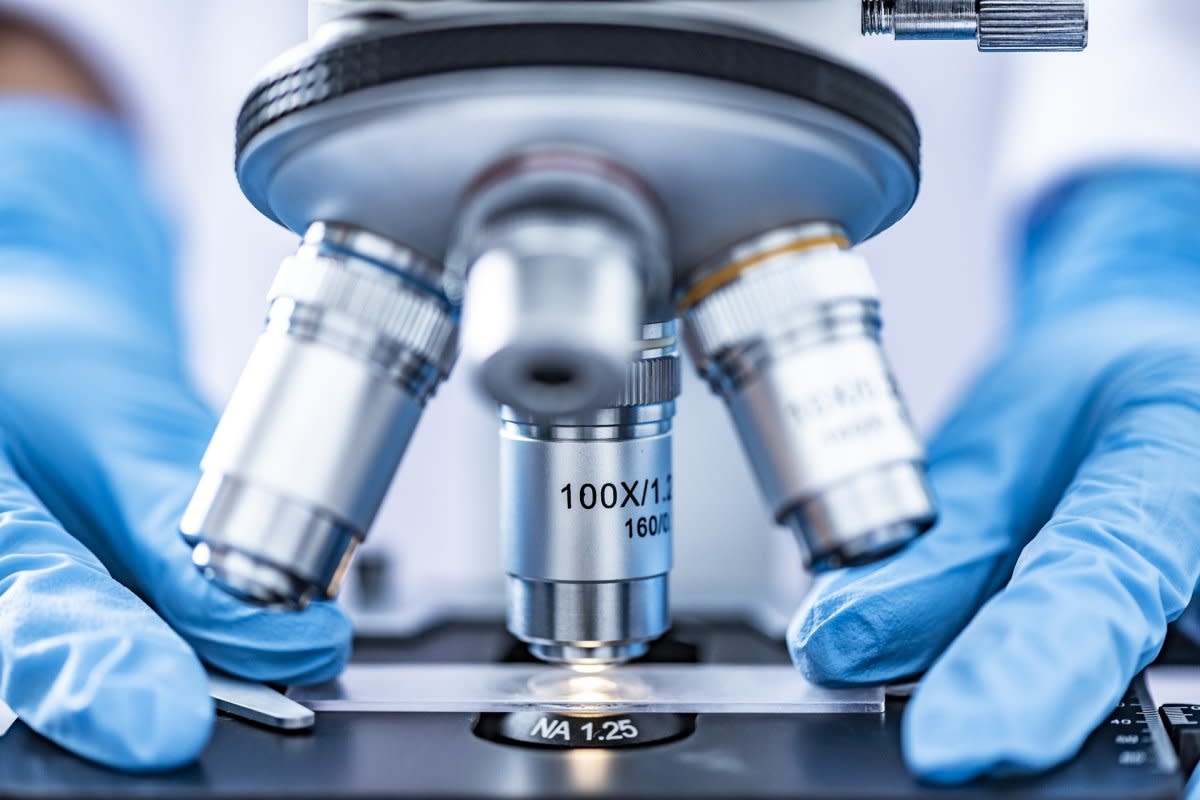Previously unknown gene function could be linked to Parkinson's disease, researchers say

Sept. 15 (UPI) -- New research indicates that the earliest signs of Parkinson's disease are different than what was previously believed.
According to a study from researchers at Northwestern University, published in the medical journal Neuron, Parkinson's first sign could be a dysfunction in neural synapses and cell function that was not previously understood.
"Degeneration of dopaminergic neurons is widely accepted as the first event that leaders to Parkinson's. But the new study suggests that a dysfunction in the neuron's synapses -- the tiny gap across which a neuron can send an impulse to another neuron -- leads to deficits in dopamine and precedes the neurodegeneration," researchers said in a press release Friday.
Parkinson's disease is thought to affect between 1% and 2% of the population, according to the researchers, who hope targeting the synapses is a potential route to treatment.
"Based on these findings, we hypothesize that targeting dysfunctional synapses before the neurons are degenerated may represent a better therapeutic strategy," said study author Dimitri Krainc.
The researchers say they hope to build understanding of how genetics lead to degeneration in neurons.
According to the researchers, the process of mitophagy, the ability of cells to recycle mitochondria, is dysfunctional in people who develop Parkinson's. The genes Parkin and PINK1 are usually involved in the recycling process.
PINK1 is supposed to activate Parkin to recycle mitochondria, but in Parkinson's sufferers, mutations in the key genes can disrupt the mitophagy process.
Researchers say that information about two sisters who developed Parkinson's decades apart helped unlock new information about the function of Parkin.
Both sisters were born without the PINK1 gene, but the sister who was also partially missing Parkin developed Parkinson's at 16, while the other sister did not develop Parkinson's until age 48.
The difference in the two cases led researchers to discover that Parkin also plays a role in dopamine release, a function that was previously unknown. The previously unknown function being disrupted could play a major role in the acceleration of the disease.
Krainc said his team has "discovered a new mechanism to activate Parkin in patient neurons."
"Now we need to develop drugs that stimulate this a pathway, correct synaptic dysfunction and hopefully prevent neuronal degeneration in Parkinson's," Krainc continued.
The research was supported by grants from the National Institutes of Health.

 Yahoo News
Yahoo News 
